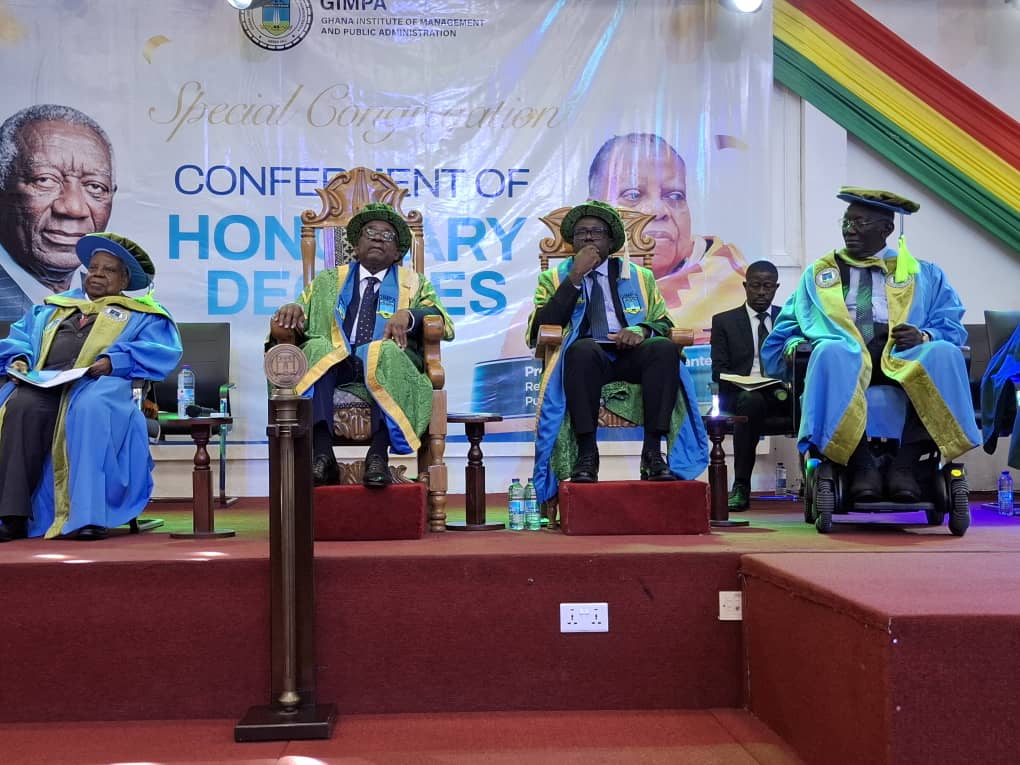- Taiwan says four employees of Apple supplier Foxconn arrested in China
- What internet data brokers have on you — and how you can start to get it back
- Cramer wants to buy more of this chipmaker, considers adding another cybersecurity stock
- Pharmacy deserts are appearing across U.S. as Rite Aid, Walgreens, CVS drug store closures spread
- Ozempic is driving up the cost of your health care, whether you can get your hands on it or not
What do you believe is the single most important factor driving up the cost of living in Nigeria?

Members of sexual minorities are more involved than others in non-electoral politics, study finds
A study has found that members of Canada's LGBTQ+ community are more likely than heterosexuals to participate in non-electoral politics. They tend to be more involved in both institutional and non-institutional political activities, aside from casting a ballot.
The first category includes partisan politics—such as belonging to a political party or interacting with elected officials—while the second includes activities such as going to demonstrations and participating in boycotts or buycotts.
The study, which appears in Research & Politics, found that the correlation between sexual orientation and political participation is particularly strong for non-institutional political activity, after controlling for sociodemographic and socioeconomic variables.
"This means that Canadian sexual minorities participate more in political life not because of social factors such as higher incomes or education levels, but because these individuals are inherently more mobilized," said Ruth Dassonneville, a professor in the Department of Political Science at Université de Montréal and a co-author of the study.
The results are based on data collected by the Consortium on Electoral Democracy, a research network that gathers information related to electoral politics at the federal, provincial and municipal levels in Canada.

- October 11, 2024
Up in smoke: DIY tech to combat wildfires

- October 11, 2024
Schneider Electric launches new solutions



- October 11, 2024
Oxidative stress: How protein recycling protects against cell death

- October 11, 2024
Bat data study reveals conservation priorities in San Diego County




- October 11, 2024
Climate change can alter methane emission and uptake in the Amazon
Subscribe to our mailing list to get the new updates!

Subscribe our newsletter to stay updated
Thank you for subscribing!




